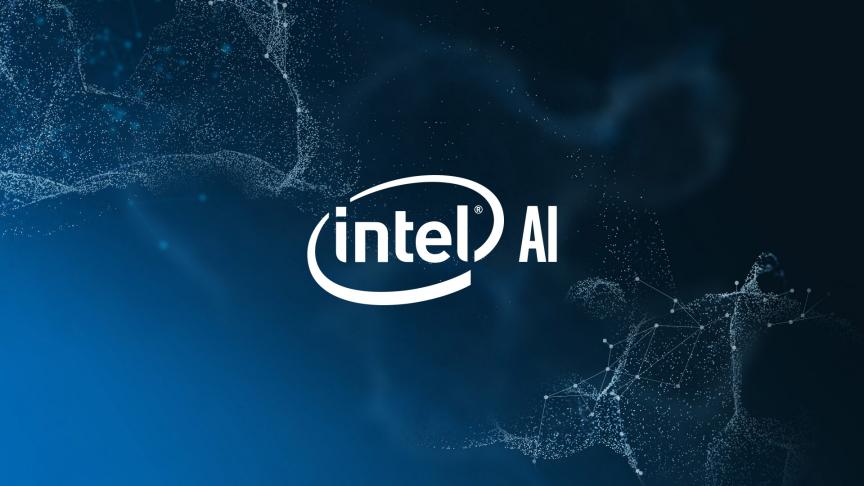Intel Releases New Technology to Compete in the AI Market
June 22, 2024 By admin
On Tuesday, Intel unveiled some new technology that it hopes would help it catch up to its rivals in the semiconductor industry.
The business unveiled the architecture for an AI PC chip, pricing for its AI accelerator kits, and a new generation of data center CPUs at the annual Computex exhibition in Taiwan.
Intel bragged that compared to earlier chip generations, its new Xeon 6 processors will offer higher performance and improved power efficiency for high-density, scale-out applications in the data center.

According to Intel, the Gaudi 2 and Gaudi 3 AI accelerator kits unveiled at the Taipei show offer high performance at a third of the price of rival systems.
According to a statement from Intel, “the combination of Xeon processors with Gaudi AI accelerators in a system offers a powerful solution for making AI faster, cheaper, and more accessible.”
Regarding personal computers, the business presented the Lunar Lake architecture, which it believes will drive the next wave of AI computers with its uncompromised application compatibility and frugal power use, which may be up to 40% less than that of earlier chip generations.
Rob Enderle, president and principal analyst of Bend, Oregon-based advisory services firm Enderle Group, stated, “This shows that Intel’s people have been working incredibly hard to reverse the mistakes of the last decade, and they’ve made impressive progress, but the race is far from over, and Intel’s competitors are equally focused and executing well.”
He told , “The competitive outcome may depend on who stumbles first, and none of these vendors are stumbling at the moment.”
Benjamin Lee, an engineering professor at the University of Pennsylvania, continued, “Intel has defined a broad strategy and is executing it very well.”
He told, “Notably, all of these processor designs—Xeon, Gaudi, and Ultra—have been developed and are expected to ship ahead of schedule.”
According to Intel CEO Pat Gelsinger, the company is unique among its peers in the globe for its innovative approaches to the AI business, spanning from PC, network, edge, and data center systems to semiconductor production.
“The flexibility, security, sustainability, and affordability of our solutions are being delivered by our latest Xeon, Gaudi, and Core Ultra platforms, in conjunction with the strength of our hardware and software ecosystem,” he added in a statement.
Intel is attempting to make up some of the ground it lost in the data center sector with its sixth-generation Xeon processor. Reuters reports that AMD currently controls 23.6% of the x86 chip market, while Intel’s share dropped 5.6 percentage points to 76.4% during the course of the previous year.
According to Penn’s Lee, “continuous advancements in performance and power efficiency will be critical.” Data center computing is Intel’s most significant market.
He went on, “The worry is that general-purpose CPU architecture, like the Xeon, is becoming more and more commodity-like. “The industry’s engineers are capable of defining and improving these designs.”
Furthermore, he continued, “performance and power benefits are contingent not only on the architecture but also on the transistors employed in its construction. There is more rivalry in this market because rivals like AMD are also developing data center CPUs and constructing them using cutting-edge transistors.
